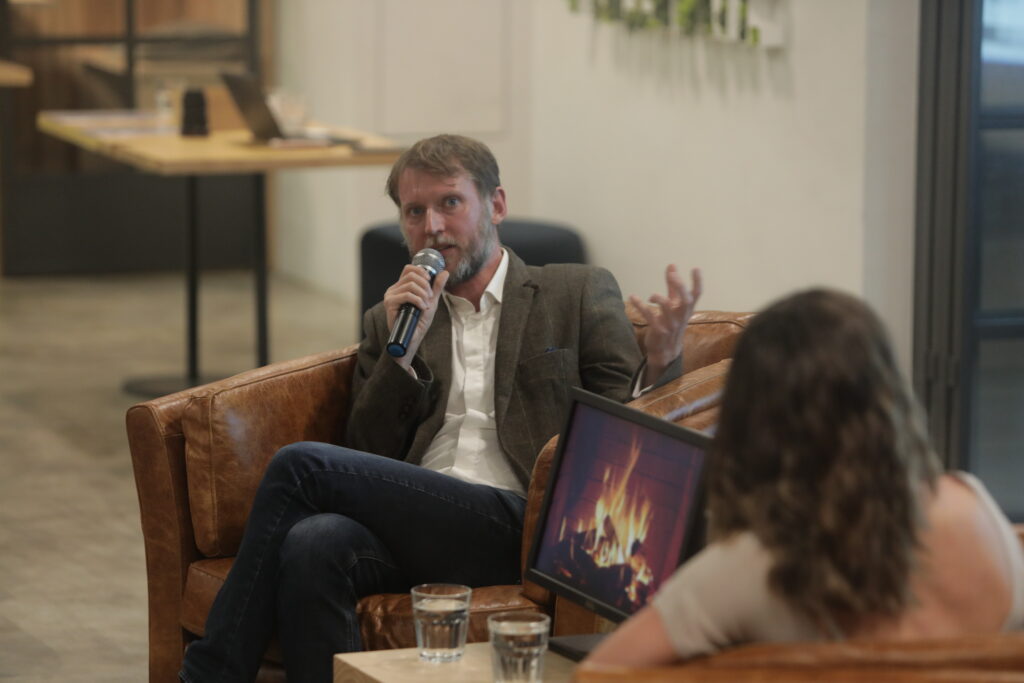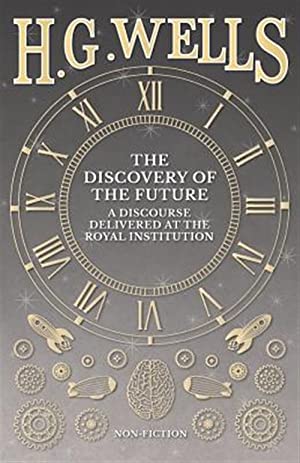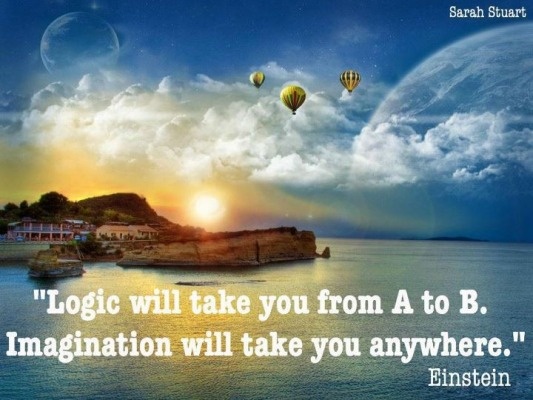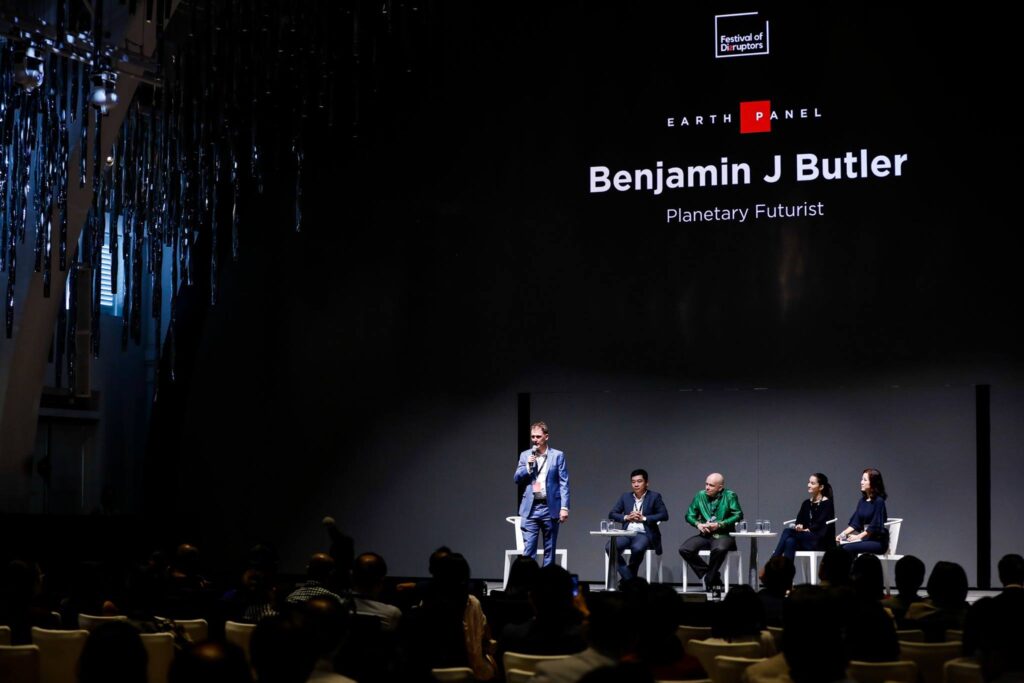
What Is a Futurist?
I am frequently asked, what is a futurist? Is it like an astrologist? Although I am writing an entire book on the subject, I thought it would be prudent to put together a short article on the topic. It might be also useful to read this prior to engaging with a futurist in any way, especially me!
A Futurist has become a real profession, just like a lawyer, accountant or consultant. But like many careers, there is an array of practitioners.
Wikipedia defines futurists as practitioners “whose specialty or interest is futurology or the attempt to systematically explore predictions and possibilities about the future and how they can emerge from the present, whether that of human society in particular or of life on Earth in general.”
The rest of the wikipedia page explains and embellishes this but the term futurology is no longer used as widely before.
My Take
Once when asked in an interview I gave the following quick summary:
“Since ancient times people have always been fascinated by the future – from Nostradamus to HG Wells in the 20th Century and to the Singularity spoken about in the 21st Century.
A roomy definition of a modern-day futurist might be someone who explores possibilities and probabilities about the future. Many futurists today operate in the corporate world, or work for governments or the military, as consultants. Some observers might date the beginning of modern futurism to 1902 when the writer HG Wells gave a talk at the Royal Institution in Mayfair called “Discovery of the Future.” He discussed the knowability of the future and why it was important to study it, predicting that one day there would be professors who lecture on the future just like history lecturers discuss the past.

This turned out to be true, although the field first developed in the military and corporations. During the cold war the strategist and futurist Herman Khan introduced the idea of scenarios. He thought it was his job to ‘think the unthinkable’. With scenarios, futurists explore a number of possible futures. They might assign probabilities to these futures but one of the key utilities to the exercise is to go deep into each scenario to see what would play out, and discover what ‘you didn’t know you didn’t know, but you probably should have’ – a phrase that Jerry Glenn, Founder of the Millennium Project is fond of saying
The first well known corporation to introduce future scenarios was Shell. A futurist called Pierre Wack pioneered this effort, and he came to fame after doing scenarios which anticipated the Oil shock of the 1970s. He wrote a number of articles in the Harvard Business Review which perhaps contributed to the growth of the corporate futurist. Wack suggested that scenarios dealt with both facts and also should lead to fresh perceptions amongst leaders. Many other companies then followed Shell’s lead. [And national governments like Singapore have increasingly embraced futurists]. Since the 1970s we also saw a number of Universities start to introduce future studies. I believe that Jim Dator at the University of Hawaii was one of the early pioneers. They endeavour to take a scientific and empirical approach to exploring the future. Today, Sohail Inayatullah is also doing pioneering work in Australia with his Causal Layered Analysis approach.
However, I would say that there might be as many futurists as definitions, and many would include writers and science fiction writers into the fold such as Arthur C Clarke and Isaac Asimov. In a way, that’s what attracted me to the field. I could be both analytical, using a system-based and trans-disciplinary approach, and be imaginative and creative. Historically, the futurists might have been the advisors and counselors to the Kings and Queens – or Jesters, speaking uncomfortable truths! They used to speak of seers, or see-ers, and these people were able to look to the horizon, and see bigger trends and events.”
Since H.G Wells called for the need of professors of the future, we eventually did see the birth of an academic discipline called futures studies. The World Futures Studies Federation is now half a century old and gives a good definition of futures studies:
If You are Engaging with a Futurist
I’ve dabbled with the dark art of prediction. I daresay my track record isn’t so bad on specific issues – it probably made the first part of my career and I still get asked to do it. But the real reason to engage with a futurist is definitely NOT to just let him or her tell you what the future is. Most people – including futurists – are actually not very good at predicting the future. Even when it was pretty obvious in hindsight.
In my view, a really good futurist should be opening your mind – expanding your imagination – to possibilities. What essentially started out in the military as a science of probability now should be about the art of possibility.
Many futurists today spend their time facilitating the collective intelligence on any given issue, to do this one needs to hold space for genuine dialogue and help spark the imagination. Empirical research has proven that exercising the imagination muscle (even when you make mistakes) helps. For example, if you tried to imagine what the 2032 US Presidential election might look like, you might have asked some of these questions. Has governance changed in some fundamental way? Is technology for direct voting or referenda or specific issues been implemented? Have politicians been replaced by a new system similar to the jury system? Will there even be an election? Will the USA be the same nation as it is today? Will some states have seceded or tried to secede? By imagining the election you train your imagination muscle and you automatically get better at imagining anything.
If you attend a talk or an event I give, I just encourage you to use the same approach as you do when reading a good fiction book: it is called the suspension of disbelief. Often we really don’t know what we don’t know. Remind yourself how often we have been blind sided by the future in recent years: whether it was the election of Donald Trump, financial crisis, or how Chat GPT AI has changed the world overnight.
And remember, Einstein himself said that imagination is the highest form of intelligence. When you look around our cities and observe all of our technologies as well as art, it all originated in our imagination. If we are to overcome all of the crises we currently face and transition to a more intelligent thriving civilisation, we will need imagination.

Biography
This is a my bio. For the alternative CV you can read it here.
Benjamin J Butler is a former investor and now writer, futurist, and philosopher. Whilst continuing to forecast futures, he is an evangelist for our transition to a technologically-advanced ecological civilisation. His unique perspective comes from living in the Asia Pacific for 20 years and being a holistic thinker.
Benjamin started his career on Wall St and in global finance and was a highly prescient forecaster of the future, having forecast various asset price moves from the Dotcom crash, the 2002-2008 boom in Asia, the emergence of China, the oil price boom, the GFC crash in 2009, and the crypto boom thereafter. Aside from investing as a hedge fund manager, he has made venture investments, including being an early investor in Tik Tok. He was also advisor to the CIO of Blue Sky Asia, one of the most successful hedge funds in the world, and wrote the International Column of Dow Theory Letters with Wall St legend Richard Russell.
Many international organisations have sought his understanding of futures. He has spoken at the United Nations, the World Economic Forum, various investment conferences and holds positions as a futurist advisor with a number of organisations such as Zurich-based Horasis, American Renewable Energy Institute , ICEED and the Athena School of Management in India. He continues to support the UN’s Resilience Frontiers initiative, which uses collective intelligence to create desirable futures for 2030-2050.
He has been a long term practitioner of Zen and the Tao, having been based out of Asia for 22 years. In his early twenties he moved to Japan and learnt the Japanese language, culture and Zen.

Press release upon appointment as futurist for Horasis:
